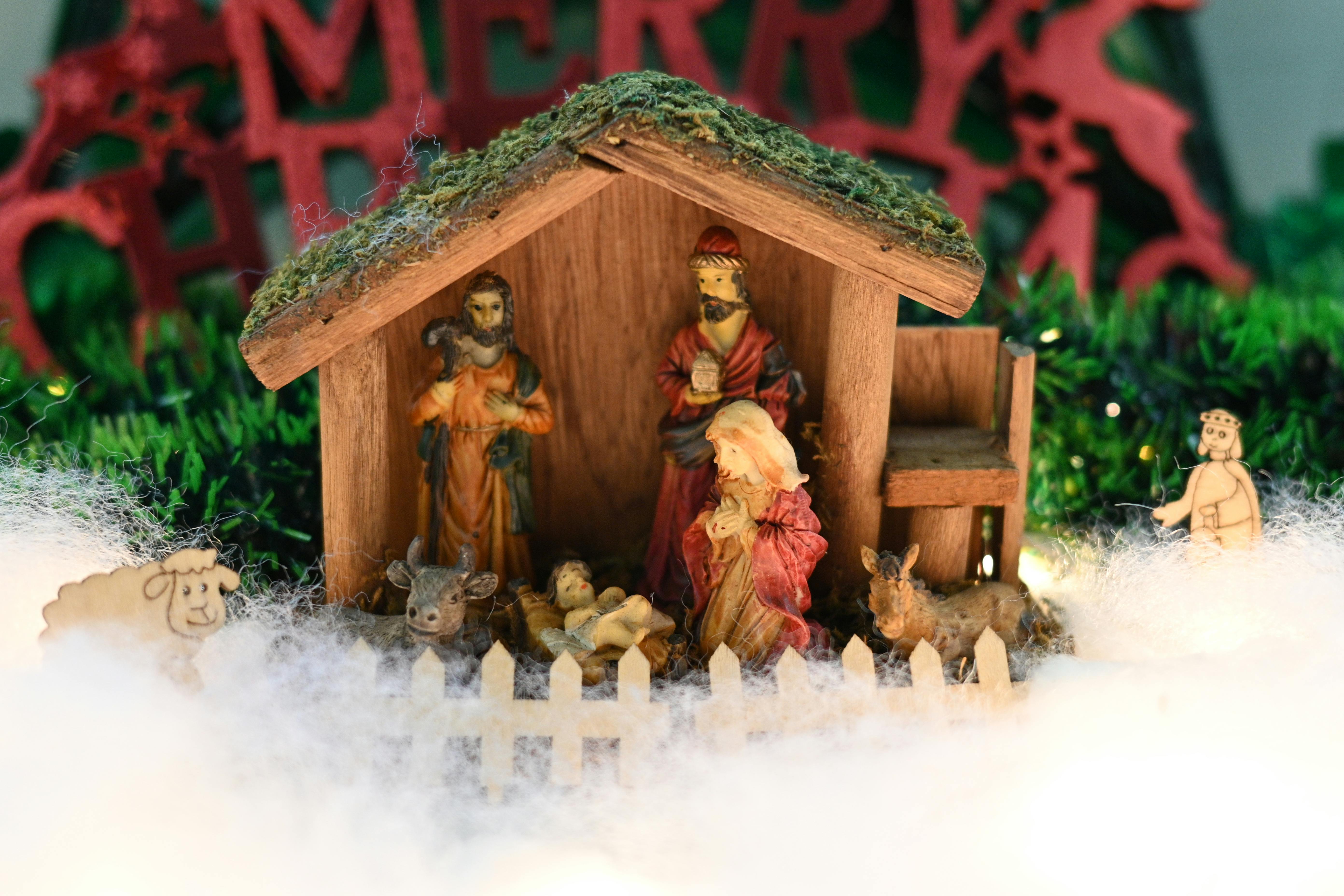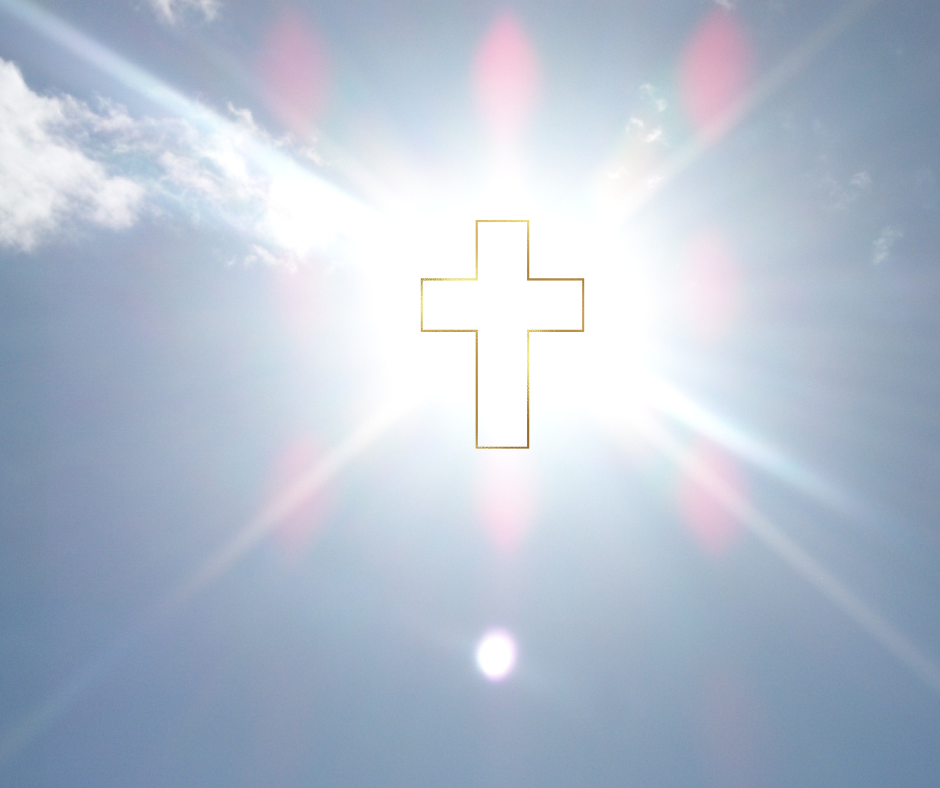Thy Kingdom Come, Thy Will be Done
My sister-in-law, Patti, visited us over Thanksgiving. While we all pitched in with the yearly start of Christmas decorating. Patti suggested we watch the movie Christmas With A Capital C. I hadn’t watched this 2011 movie, but getting in the Christmas spirit sounded like a great idea.
 The movie is about a small Alaskan town where a returning resident who objects to a nativity scene in the public space challenges the true meaning of Christmas. The faith-based theme seemed a bit formulaic on the surface, faith vs. separation of state, but it sparked this article, so it apparently touched a deeper cord.
The movie is about a small Alaskan town where a returning resident who objects to a nativity scene in the public space challenges the true meaning of Christmas. The faith-based theme seemed a bit formulaic on the surface, faith vs. separation of state, but it sparked this article, so it apparently touched a deeper cord.
Perhaps, questions were already swirling in my mind after watching the newly released movie “Bonhoeffer” about a pastor’s faith and resistance to the Nazis.
What do Christmas and the Holocaust have to do with each other, you might ask.
Well, both movies broached what happens when government powers and religion clash (or don’t clash). Each movie landed on a different solution to the problem of the separation of church and state.
- Christmas with a C chose to show love and understanding to others, even those with opposing beliefs
- Bonhoeffer chose to support an assassination attempt on Hitler
You might argue that the movies were about two completely different scenarios— true—But stay with me.
For me, the true meaning of the Christmas movie and Bonhoeffer came down to the phrase in the Lord’s prayer, “Thy Kingdom come,” and what that means for our culture, politics, and families. We just had an election, so the focus on Kingdoms (governments), politics, and faith has permeated our media, communities, and, most importantly, our families for months.
Christians in both movies were exhorted to live out their faith and values through actions, not just words. 
- In the Christmas movie, people helped neighbors, reached out to the isolated, unlikeable, and crotchety, and shared Christ’s forgiveness and love, which are God’s Kingdom’s hallmarks.
- The Bonhoeffer movie showed what happens when Christians don’t act on their faith. It dramatized the consequences of not standing up and clashing with the government when state mandates go against God’s commandments.
Bonhoeffer quotes Pastor Martin Niemöller’s WW II poem about the dangers of apathy and silence in the face of injustice: “First they came for the Communists, and I did not speak out—because I was not a Communist….Then they came for the Jews, and I did not speak out—because I was not a Jew. Then they came for me—and there was no one left to speak for me.”
 I am not advocating assassination or a theocracy— Jesus said, “My kingdom is not of this world.” But Christ’s citizens and saints are living in the world, AND we are the salt and the light, pointing to the truth and giving the sinful world a glimpse of his glorious kingdom to come, a kingdom of grace, unity, love, hope, and charity.
I am not advocating assassination or a theocracy— Jesus said, “My kingdom is not of this world.” But Christ’s citizens and saints are living in the world, AND we are the salt and the light, pointing to the truth and giving the sinful world a glimpse of his glorious kingdom to come, a kingdom of grace, unity, love, hope, and charity.
Secular messages focus on respect for differing viewpoints and compromise to foster harmony in diverse societies, important tenants. But the two movies highlighted the principle that Christians must go above and beyond secular niceties. A Spirit-led lifestyle distinguishes Christians from the rest of the world.

When we pray Thy Kingdom Come, what is the Holy Spirit opening our hearts and minds to do to exhibit His Kingdom? Are we sharing God’s messages of forgiveness and hope along with those Christmas cookies, zealously standing up for the sanctity of unborn lives so one day those tots can get toys, and volunteering for short-term missions or service projects helping those less materially gifted?
We cannot usher in the fullness of God’s Kingdom, but hopefully, our cookies, shut-in visits, and chosen charities are accompanied by the Christian messages of salt and light, truth and undeserving grace, and forgiveness and hope.
So that when government and faith clash, many will be left to speak up, and God’s will will be done.